#mencken
Text
The urge to save humanity is almost always only a false-face for the urge to rule it.
H.L. Mencken
#h.l. mencken#mencken#quotes#philosophy#wisdom#life#literature#writer#books#psychology#write#art#artist#ideas#humanity
34 notes
·
View notes
Text
There was a part of me still hoping/expecting that Mencken would slide into the seat next to Rome at the bar. Two almost-winners, two losers.
92 notes
·
View notes
Note
So... How far down the fascist rabbit hile (?) do you think Roman is going to fall down? I'm scared they are gonna take it so far I'm not gonna be able to love him anymore🥺.
i meeeean i do think he will fuck (or try to fuck) mencken, and subsequently operate as an extended member of that campaign, but i also think the evidence is there to make the case that he (and several others on the show) think of politics as part of The Big Game Of Life, not something that they consider as real or relevant to them as people. so like...will he join and champion the fascist candidate? yes, almost certainly. will he like...take a real interest or stake in progressing fascist ideology beyond getting mencken in power? i don't know, i'm not convinced.
i think there is an interesting idea of mencken losing the election and roman (by way of atn) helping him launch his sort of "fake news/the election was rigged"/2020 trump response to it all, but even then i would think he would be coming from it not as a genuine belief in those ideas, but as an opportunity to do Flashy News/News as Entertainment, which is something he has talked about when pitching how atn becomes relevant again
#i think after last week's episode/season trailer it's easy to doom spiral but ultimately i trust the writers to tell a nuanced story#and i think him going full far-right and Only full far-right wouldn't be the level of nuance i would expect from them...ya feel?#answered#anonymous#mencken#roman x mencken#<- in case you want to avoid discussion of mencken or them that's the tags i'll be using#please let me know if you'd like other words tw'ed!!
54 notes
·
View notes
Text
Okay, is anyone else finding themselves wanting to look up news articles and constantly refresh their phones for updates about this fake election as if it were fucking real?
#succession#succession spoilers#hbo#Mencken#roman roy#Roman#shiv roy#kendall roy#shiv#Kendall#Jimenez
13 notes
·
View notes
Text
Roman Roy, First Lady of the United States
14 notes
·
View notes
Photo

THE SHADOW (II), 2023. 3" x 7 ½"
3 notes
·
View notes
Text
“This story is obviously unimportant and, though, as I shall show, it has its place in the Fitzgerald canon, it is certainly not to be put on the same shelf with, say, "This Side of Paradise." What ails it, fundamentally, is the plain fact that it is simply a story — that Fitzgerald seems to be far more interested in maintaining its suspense than in getting under the skins of its people. It is not that they are false: it is that they are taken too much for granted. Only Gatsby himself genuinely lives and breathes. The rest are mere marionettes — often astonishingly lifelike, but nevertheless not quite alive.
What gives the story distinction is something quite different from the management of the action or the handling of the characters; it is the charm and beauty of the writing. In Fitzgerald's first days it seemed almost unimaginable that he would ever show such qualities. His writing then was extraordinarily slipshod — at times almost illiterate. He seemed to be devoid of any feeling for the color and savor of words. He could see people clearly and he could devise capital situations, but as writer qua writer he was apparently little more than a bright college boy. The critics of the Republic were not slow to discern the fact. They praised "This Side of Paradise" as a story, as a social document, but they were almost unanimous in denouncing it as a piece of writing.
It is vastly to Fitzgerald's credit that he appears to have taken their caveats seriously, and pondered them to good effect. In "The Great Gatsby," highly agreeable fruits of that pondering are visible. The story, for all its basic triviality, has a fine texture, a careful and brilliant finish. The obvious phrase is simply not in it. The sentences roll along smoothly, sparklingly, variously. There is evidence in every line of hard and intelligent effort. It is a quite new Fitzgerald who emerges from this little book, and the qualities that he shows are dignified and solid. "This Side of Paradise," after all, might have been merely a lucky accident. But "The Great Gatsby," a far inferior story at bottom, is plainly the product of a sound and stable talent, conjured into being by hard work.
I make much of this improvement because it is of an order not witnessed in American writers; and seldom, indeed, in those who start off with popular success. The usual progression indeed, is in the opposite direction. Every year first books of great promise are published — and every year a great deal of stale drivel is printed by the promising authors of year before last. The rewards of literary success in this country are so vast that, when they come early, they are not unnaturally somewhat demoralizing. The average author yields to them readily. Having struck the bull's-eye once, he is too proud to learn new tricks. Above all, he is too proud to tackle hard work. The result is a gradual degeneration of whatever talent he had at the beginning. He begins to imitate himself. He peters out.
There is certainly no sign of petering out in Fitzgerald. After his first experimenting he plainly sat himself down calmly to consider his deficiencies. They were many and serious. He was, first of all, too facile. He could write entertainingly without giving thought to form and organization. He was, secondly, somewhat amateurish. The materials and methods of his craft, I venture, rather puzzled him. He used them ineptly. His books showed brilliancy in conception, but they were crude and even ignorant in detail. They suggested, only too often, the improvisations of a pianist playing furiously by ear, but unable to read notes.
These are the defects that he has now got rid of. "The Great Gatsby," I seem to recall, was announced a long while ago. It was probably several years on the stocks. It shows, on every page, the results of that laborious effort. Writing it, I take it, was painful. The author wrote, tore up, rewrote, tore up again. There are pages so artfully contrived that one can no more imagine improvising them than one can imagine improvising a fugue. They are full of little delicacies; charming turns of phrase, penetrating second thoughts. In other words, they are easy and excellent reading — which is what always comes out of hard writing.
Thus Fitzgerald, the stylist, arises to challenge Fitzgerald, the social historian, but I doubt that the latter ever quite succumbs to the former. The thing that chiefly interests the basic Fitzgerald is still the florid show of modern American life — and especially the devil's dance that goes on at the top. He is unconcerned about the sweatings and sufferings of the nether herd; what engrosses him is the high carnival of those who have too much money to spend, and too much time for the spending of it. Their idiotic pursuit of sensation, their almost incredible stupidity and triviality, their glittering swinishness — these are the things that go into his notebook.
In "The Great Gatsby," though he does not go below the surface, he depicts this rattle and hullabaloo with great gusto and, I believe, with sharp accuracy. The Long Island he sets before us is no fanciful Alsatia; it actually exists. More, it is worth any social historians study, for its influence upon the rest of the country is immense and profound. What is vogue among the profiteers of Manhattan and their harlots today is imitated by the flappers of the Bible Belt country clubs weeks after next. The whole tone of American society, once so highly formalized and so suspicious of change, is now taken largely from frail ladies who were slinging hash a year ago.
Fitzgerald showed the end products of the new dispensation in "This Side of Paradise." In "The Beautiful and the Damned," he cut a bit lower. In "The Great Gatsby" he comes near the bottom. Social leader and jailbird, grand lady and kept woman, are here almost indistinguishable. We are in an atmosphere grown increasingly levantine. The Paris of the Second Empire pales to a sort of snobbish chautauqua; the New York of Ward McAllister becomes the scene of a convention of Gold Star Mothers. To find a parallel for the grossness and debauchery that now reign in New York one must go back to the Constantinople of Basil I.”
4 notes
·
View notes
Note
Not me thinking about Mencken's whiskey sour in "What it Takes" ❤️
I think about Mencken all the time not in a political way but in a carnal way :(
That one frame of him kissing the cola is literally pasted in the walls of my brain
#USA will fail the world again by nominating the un-hottest candidates for president#one of us tumblrinas complained about not having a fuckable president in decades and thats whats wrong with the government#replies#mencken#succession
1 note
·
View note
Text
A Freethinker’s Testimony
Publisher: In-Sight Publishing
Publisher Founding: March 1, 2014
Web Domain: http://www.in-sightpublishing.com
Location: Fort Langley, Township of Langley, British Columbia, Canada
Journal: In-Sight: Independent Interview-Based Journal
Journal Founding: August 2, 2012
Frequency: Three (3) Times Per Year
Review Status: Non-Peer-Reviewed
Access: Electronic/Digital & Open Access
Fees: None…
View On WordPress
#al-Aqsa#Bible belt#Catholics#Church#freethinker#Freethought#Harvey Cox#James Haught#Mencken#Robert Dornan#skepticism
0 notes
Text
Collee slut with great natural tits
Therapist has bdsm threesome with couple
Booty teen swallows jizz
Wichsen auf der Motorhaube
BAILA EN ANTRO COMO TEIBOLERA
Chupando verga de amante
Mi tanga favorita de Andrea
The Best Dirty talking milf video
Bumble bee Buttholes, Spanish women
Fit White Kiwi MILF Creampied in my Shaggin Wagon
#Taub#silver-toned#deviser#sanatarium#unluted#tail-piece#responsivity#Monge#preachified#Brahmanhood#spritehood#poth#overnegligent#noncausation#bilianic#acentric#weirdy#light-robed#Posidonius#Mencken
0 notes
Photo
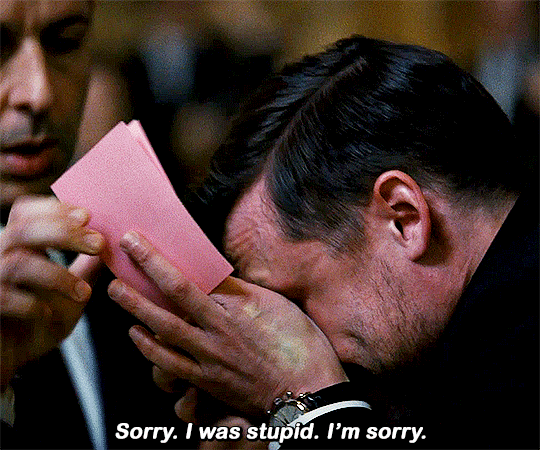
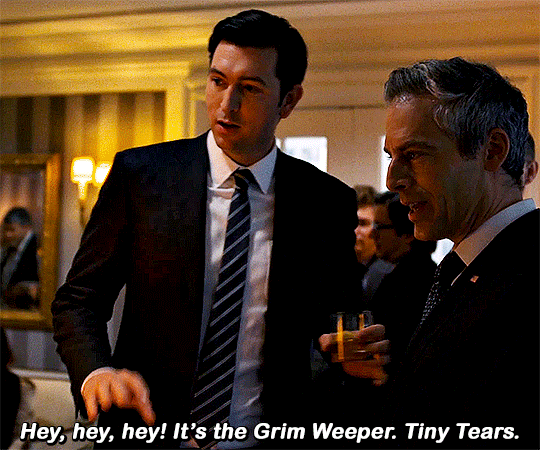
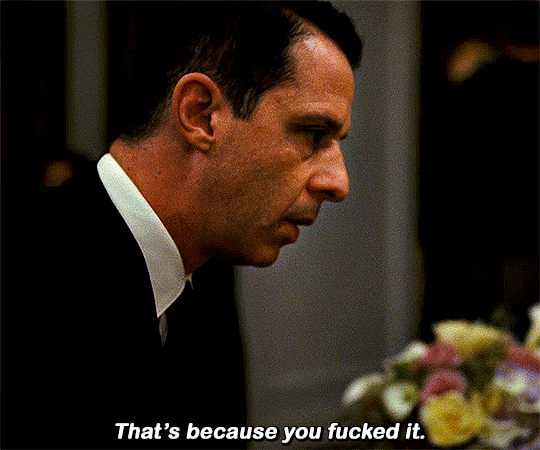
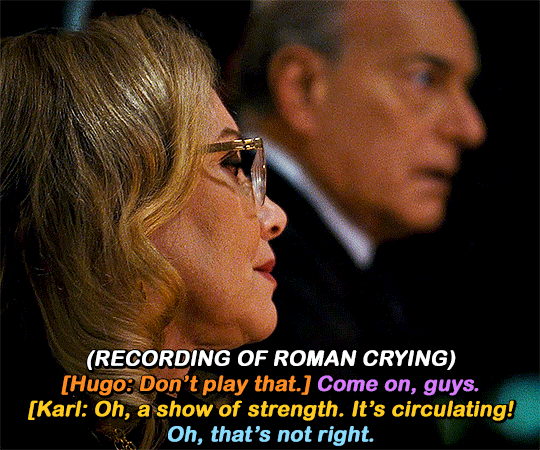
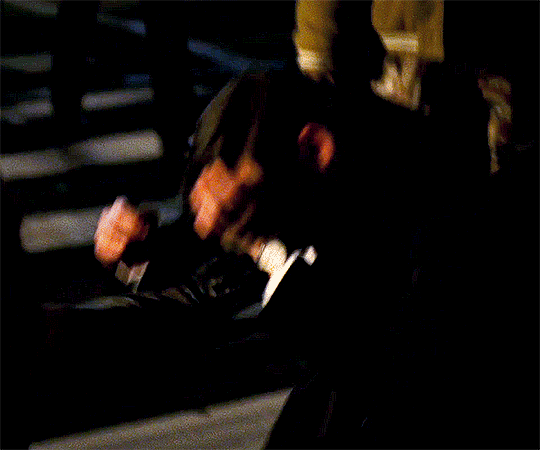

FALL OF ROME
SUCCESSION — 4.09 “CHURCH AND STATE”
#succession spoilers#succession#kendall roy#jeremy strong#kieran culkin#.gif#hbo succession#successiondaily#succgifs#successionedit#tvedit#filmtv#roman roy#jeryd mencken#gerri kellman#karl muller#hugo baker#frank vernon#tw: flashing#cw: flashing#this caption is cringe but WERE KEEPING IT
7K notes
·
View notes
Text
so funny The Big Mencken Scene in the original extended trailer was a huge false flag lol
#'i have some concerns about your old man' my ASS#collect your check justin kirk!!!#mencken#succession spoilers
17 notes
·
View notes
Text
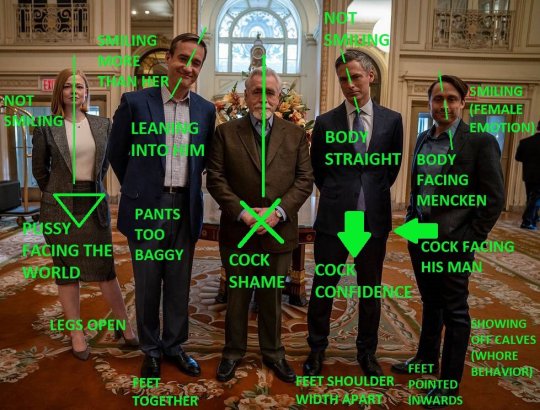
(source)
#thought it deserved to be on here#shiv roy#tom wambsgans#logan roy#jeryd mencken#roman roy#succession
2K notes
·
View notes
Text
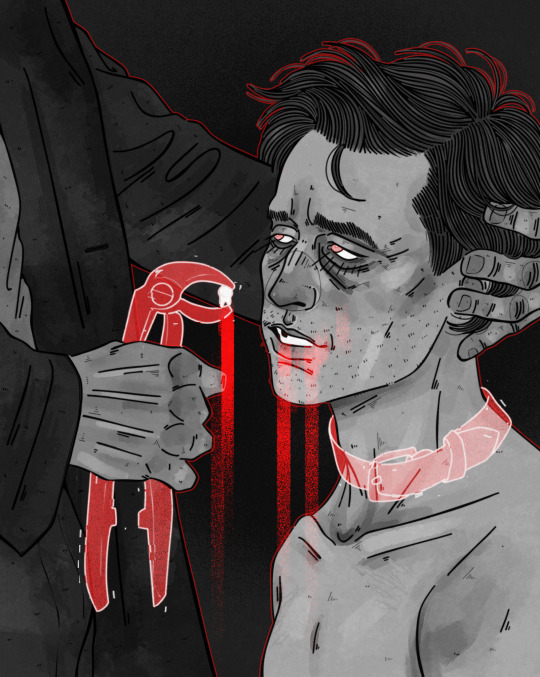
nothing's certain but death and taxes.
prints + merch + dm for commission info
#vic.txt#romencken week let’s goo! today’s prompt was teeth btw!#roman roy#succession#romencken#jeryd mencken#roman x mencken#succession hbo#succession art#roman x jeryd#my art#fav#art#fanart#illustration#artists on tumblr#digital art#character art
558 notes
·
View notes
Text



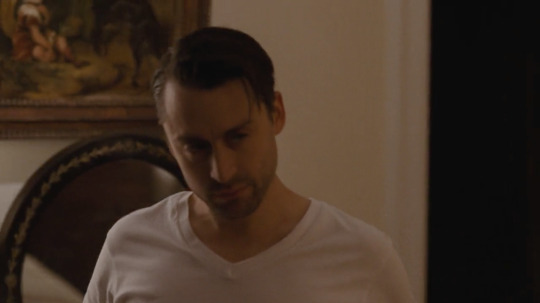
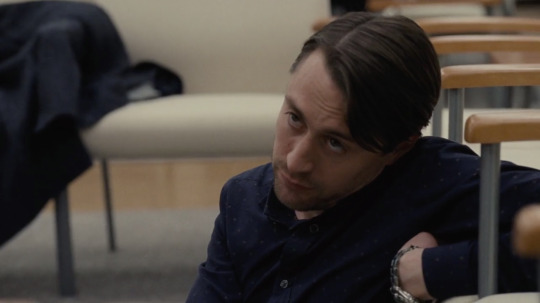

where the lines blur between shame, fear, guilt, desire, lust and need you'll find him
#roman roy#succession#my screenshots#these had been waiting in a folder on my computer for ages#kieran culkin#suck session#romey#romulus#succession hbo#gerri kellman#jeryd mencken#stewy hosseini
2K notes
·
View notes
Photo

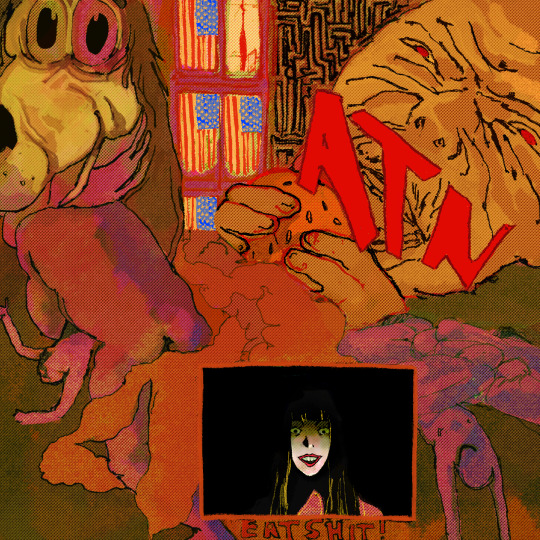
sluicing out the porridge
#succession#roman roy#succession fanart#succession season 4#logan roy#kerry castellabate#romencken#sort of#jeryd mencken#my art#if they wont give justin kirk more screen time i will do it myself
3K notes
·
View notes